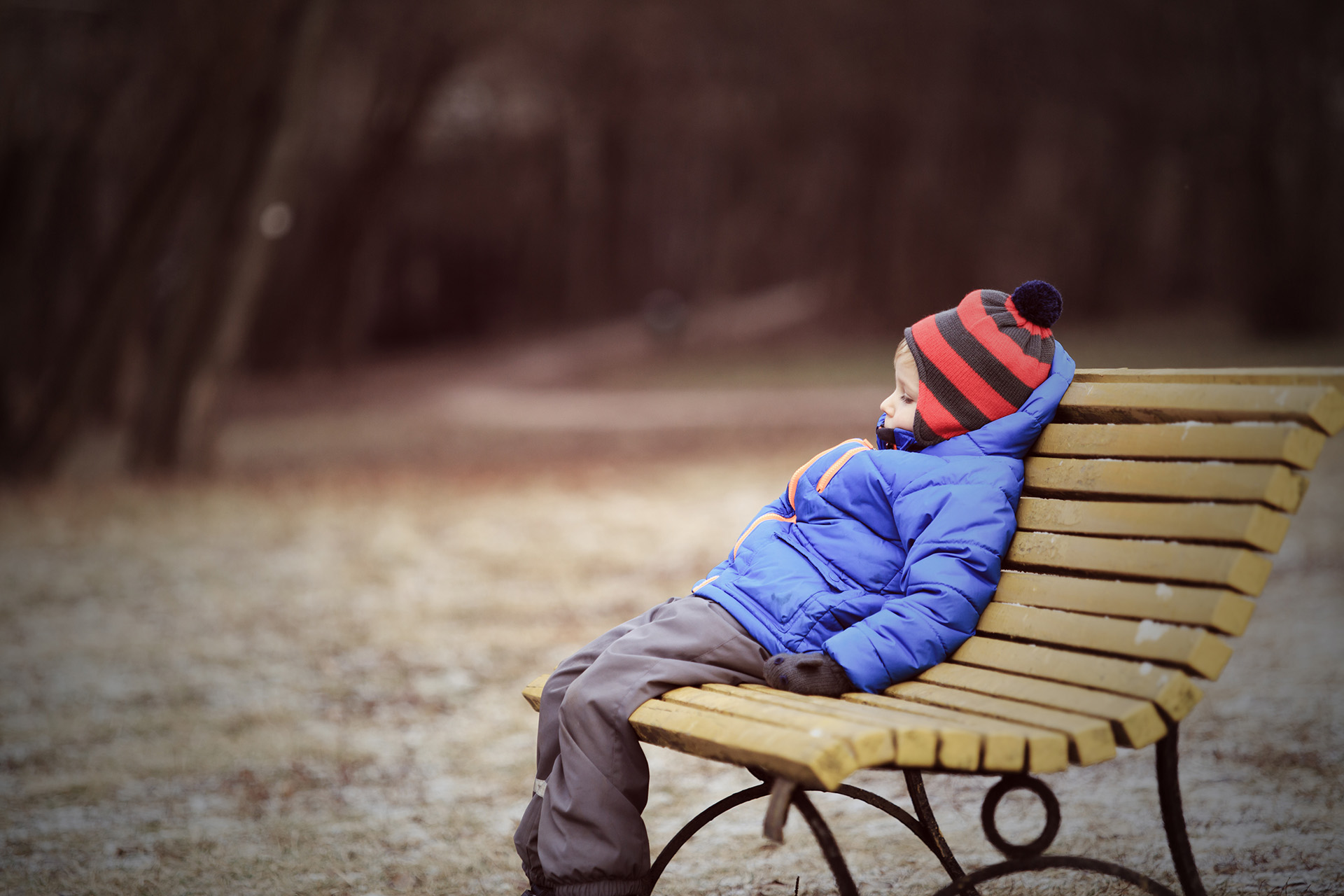
13 Jul Anger, Aggression and Play Therapy
Children who are angry are often deeply sad. Rather than feel a vulnerable feeling like sadness, they express anger. Play therapy can help children who have angry and aggressive behaviours.
Why do some children use angry and aggressive behaviours?
- Angry, aggressive and bullying behaviours help some children feel secure and safe because they feel frightened inside.
- Children who act ‘mad’ are often actually ‘sad’. They use aggressive, angry or bullying behaviours to protect themselves from feeling unwanted, unimportant, unloved or unlovable.
- Children who use angry or aggressive behaviour often feel very fragile inside, leading them to feel as though they have to be constantly on guard against perceived attacks or criticism.
- Sometimes, these children feel incapable of attracting caring in others, so lash out to protect themselves.
What can you do to help?
- Use reflective listening to help diffuse the behaviour. For example “Gee, you must be really angry right now!”
- Reflective listening really is the key! When a child feels understood, she no longer has to show you what’s going on through her behaviour. When children don’t feel listened to or understood, they will show you through their behaviour, and often escalate that behaviour until they feel heard.
- Use limit setting to create gentle but firm boundaries for your child. Remembering to convey that it’s not ok to hurt themselves or somebody else.
How can Play Therapy help?
- In the play therapy session, the child is able to release built up angry (and sad, confused, anxious, fearful etc.) feelings.
- When these scary emotions are brought to the surface, the therapist can help the child process and heal them.
- In Play Therapy, the toys act as the children’s words and play serves as their language. The child can use the toys to express thoughts, feelings and actions that they have not been able to find words for.
- Through play, the child can gain a sense of control over things that seem unable to be controlled in reality.


Sorry, the comment form is closed at this time.